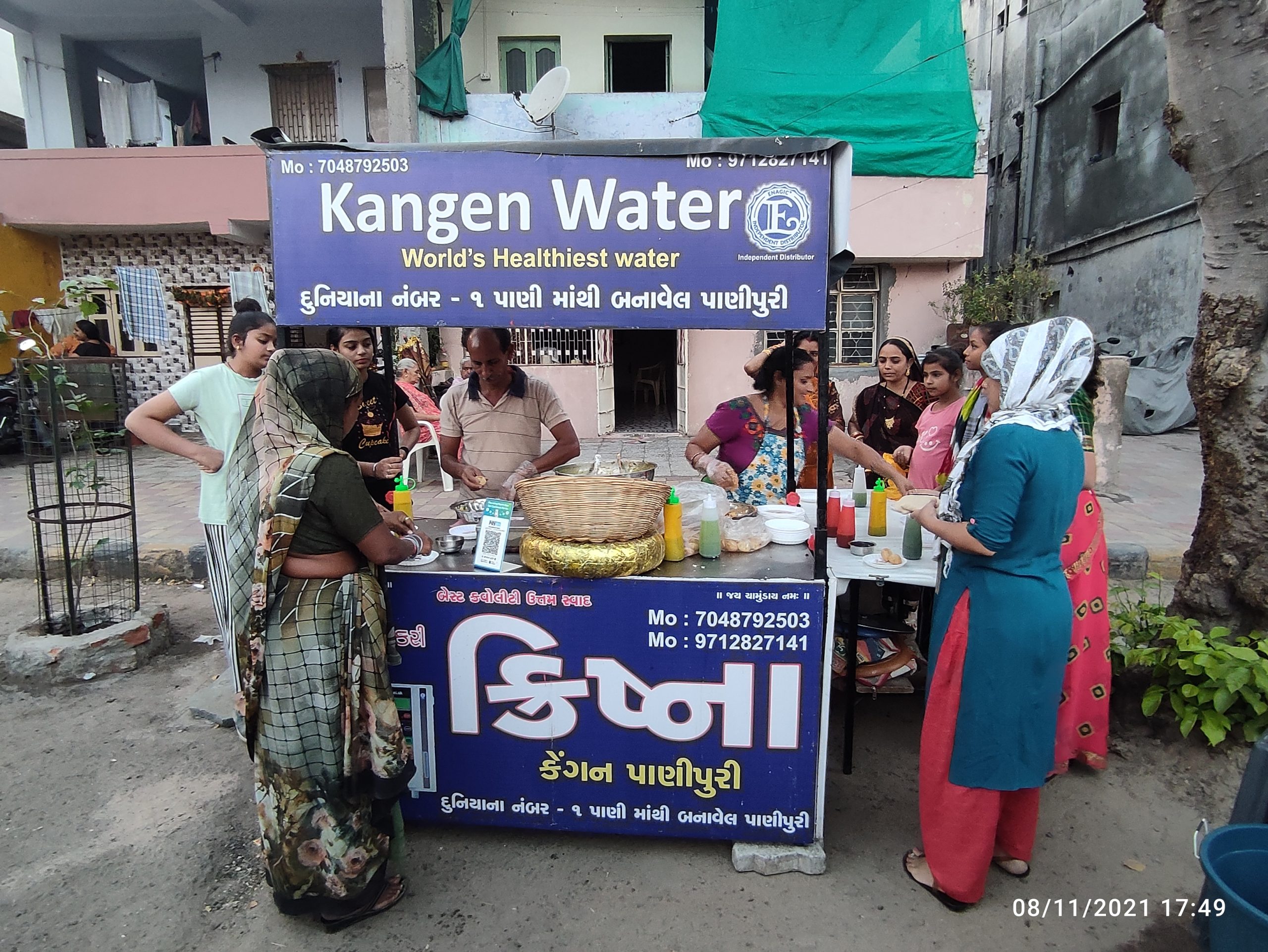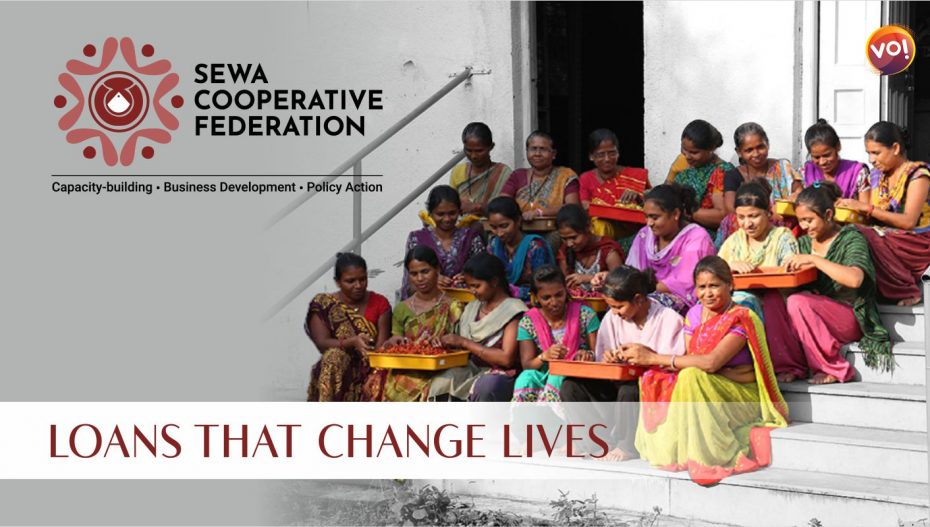Thirty years ago, Ushaben Rathod started her investment journey and today runs a thriving business. A resident of Bapunagar, Ushaben has spent her life as a daily wager polishing diamonds in Ahmedabad. An embodiment of the saying that entrepreneurship runs in the blood of Gujaratis, Ushaben and thousands like her have benefitted from a ‘service’ that is named the literal translation of the word. SEWA microfinance bank has bridged the gap between Ushaben’s dreams and her reality.
Rural women, low-income households, and the many small businesses they manage are all too often starved of finance in Asia and the Pacific. Most formal financial institutions view them as high risk and high cost, as the transactions are often small and the clients in hard-to-reach locations.
Microfinance can break down these barriers. It helps low-income households to stabilize their income flows and save for future needs. In good times, microfinance helps families and small businesses to prosper, and at times of crisis, it can help them cope and rebuild.
A small group of poor self-employed women residing in Ahmedabad, who were members of Self Employed Women’s Association (SEWA) a trade union of unorganized sector women workers founded by Ela Bhatt, realized a need for promoting their own financial institution. As a result, a big portion of their meagre income goes towards interest in working capital and rent on trade equipment. Terms of borrowing from money-lenders are very exploitative and the formal banking sector is not usually responsive to the special needs of informal sector women workers, in terms of providing appropriate banking services.
SEWA has a membership base of over 1.5 million (2018) poor, self-employed women workers from the informal economy across 16 states in India.
Some argue that it is naive or even cruel to suggest that the poor should save. How can people living in destitution be asked to set money aside? It turns out that even very poor people can and do save if provided with the right opportunities.

Ushaben knew about savings and SEWA through a neighbour who had recently opened an account with the microfinance bank. “Every day I save Rs 200, that’s the norm. It’s due to SEWA bank ke kyay haath nathi lambava padta. Hoon SEWA ne behno ne dil thi naman karu chhu. Within 30 years, I bought my own house, got my daughter married and began my pakodi centre — all by taking a loan from the bank.”
She was into diamond polishing work when she aspired to be her own boss. “I approached SEWA for guidance and they helped me with a sum of Rs 30,000. Initially, I earned Rs 500 a day but it’s been three months and now, I easily make over Rs 1,000 a day. Financial independence gave me wings. Now, I’m teaching my daughter to invest, save and prosper on her own.”
Jayshree Vyas, Managing director of SEWA, Ahmedabad, said “During finance awareness programmes, we visit rural pockets and counsel them about investments. During most events when we ask these women what they want, most of them end up either teary-eyed or speechless. None has ever asked these poor, illiterate, rural women what they want in life. Looking at their journey of financial independence is inspiring. Most women dream of having a home. Ek ghar nu ghar.”
“In order to address this problem and free themselves from the vicious cycle of eternal debt, the members of SEWA came forward with their own solution in a meeting in December 1973 with ‘a bank of their own’ where they would be accepted in their own right and not be made to feel inferior. ‘We may be poor’, they said ‘but we are so many, and indeed 4,000 women contributed share capital of Rs.10/- each to establish the Mahila Sewa cooperative bank,” said Vyas.
In May 1974, the SEWA Bank was registered as a cooperative bank under the dual control of the Reserve Bank of India and the State Government. Since then it has been providing banking services to poor, illiterate self-employed women and has become a viable financial venture.
They articulated this idea in a meeting of SEWA members in the year 1974, also took responsibility for convincing other poor women, contributed required initial share capital for promoting a bank of their own and signed as promoters. Out of the total 15 promoters, only two were non-poor who facilitated the registration process.
Like Ushaben, Pragnaben is also a businesswoman. She sources cotton sarees from Surat and sells it locally. The Raikhad-resident began her journey to financial independence three years ago. “I began by saving Rs 500/month. To start my saree business I took a loan of Rs 40,000 from SEWA bank and here I am earning 20,000/month. It’s liberating to have something of your own–even if it’s small.” They are a family of five and she actively contributes in running the house.
“My husband is my fan. He encourages me to save, earn and be independent. We run the house together. That’s how it should be, right?” Pragnaben said. She aspires to have her own saree shop. “Thanks to SEWA, I learnt the art of saving. I will soon buy a shop.”
Thinking small can have a very big impact indeed.













